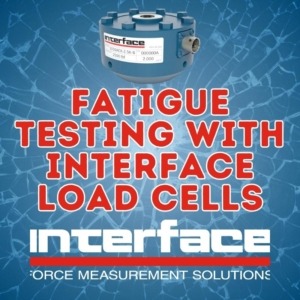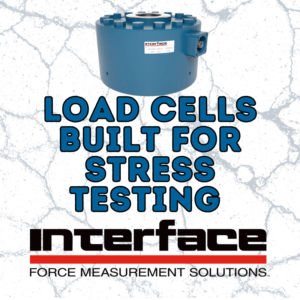
IQ Blog
Year in Review of Top Interface Solutions and Applications
Interface is at the forefront of innovative use cases and applications, providing quality devices worldwide to gather precision measurements. Interface unveils the top industry solutions, product use cases and applications that define force measurement in 2023.









